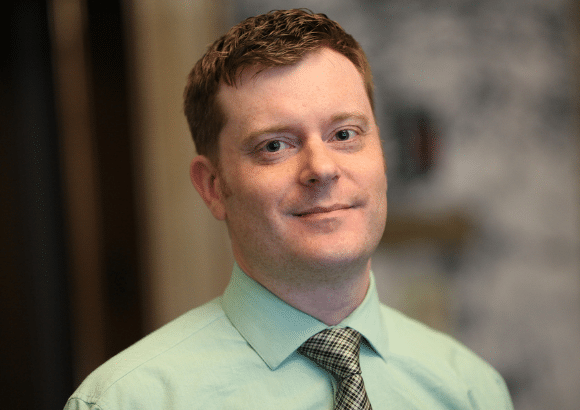This is the second in a series of schmudget blog posts about property taxes in Washington state and the role they play in funding basic K-12 education.
Complying with the state Supreme Court’s McCleary mandate to develop a dependable source of revenue to fund our K-12 schools should be lawmakers’ top priority when they gather in Olympia early next year. Lawmakers must not waste time promoting non-starter proposals like “revenue-neutral property tax levy swaps” that would generate none of the additional resources needed to build the education system our kids need to thrive.
Under its 2012 McCleary decision, the Washington State Supreme Court ruled that it is the state’s duty to fully fund basic K-12 education. Yet school districts in our state have for years been relying on local property tax levy dollars to provide students with the basics that the state is supposed to be providing – such as textbooks, school supplies, transportation, salaries for teachers and nurses, and other essentials. Because of this, the court ruled that the state is failing in its paramount duty to fund education for all of Washington’s schoolchildren.
To be clear, the court did not rule that local levies have to be reduced or eliminated. These levies can be kept in place to support the multiple services our schools provide beyond a basic education, such as after-school clubs and advanced placement programs.
But opponents of providing new forms of revenue to pay for schools have been promoting the idea that local levies must be reduced or eliminated in order to fulfill the requirements of McCleary. And instead of finding equitable and dependable new sources of revenue to fulfill their duty, these lawmakers are fixating on revenue-neutral levy swap proposals. As we wrote previously, these swaps are complex shell games involving increases to the state property tax levy and decreases to local school districts’ levies. They generate no new resources overall.
Funding the basics can and should be accomplished with additional state revenue. In fact, in his July 2016 brief to the court, the state attorney general, who represents the legislature and the state government in the McCleary case, points out the various ways the legislature could fully fund basic education. The brief references numerous revenue proposals including taxing high-end capital gains, modifying a damaging law that restricts property tax revenue growth to a maximum of 1 percent per year, eliminating wasteful corporate tax breaks, and increasing the state property tax levy.
The McCleary ruling is an enormous opportunity for policymakers to get to work on building a world-class education system for all of Washington’s children. The current levy swap proposals are intended to distract the legislature from making the most of this opportunity. Our kids will only get the education they deserve when lawmakers refocus on generating significant new tax revenues from equitable sources.
